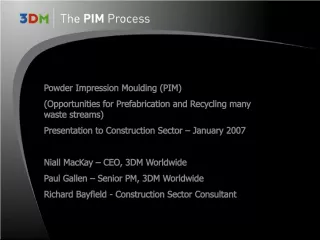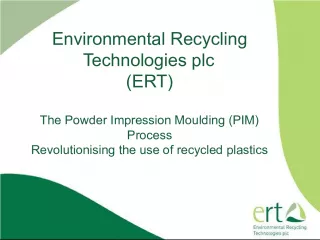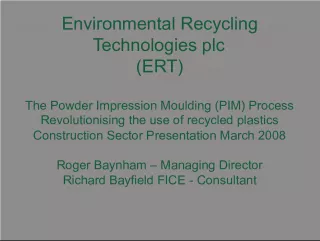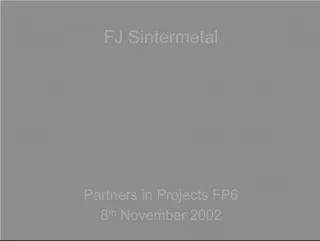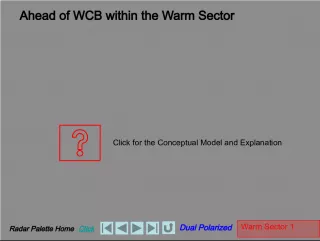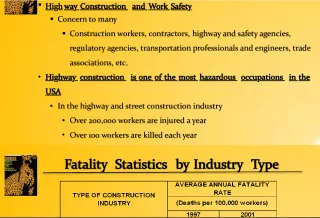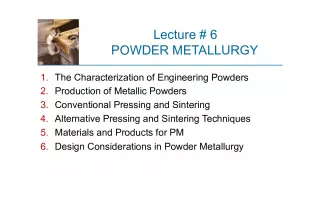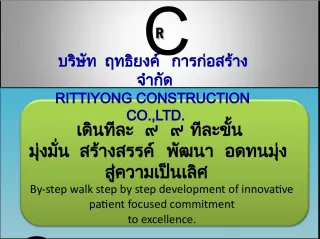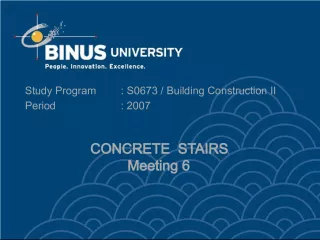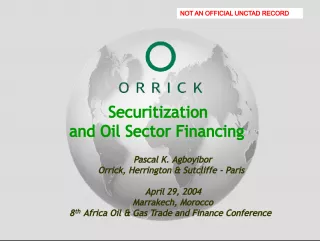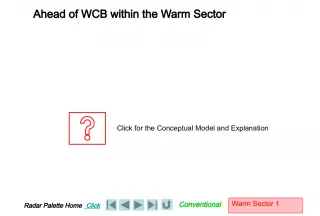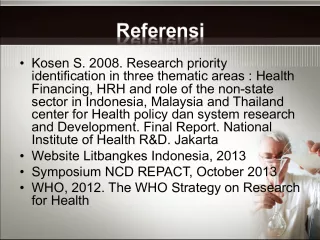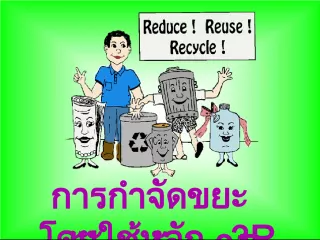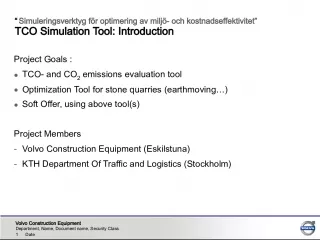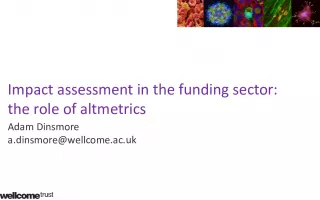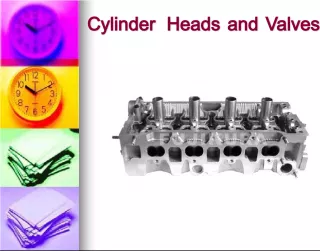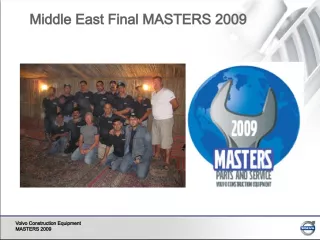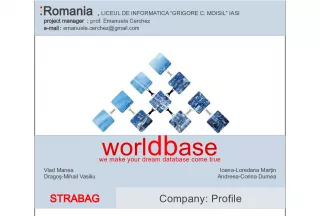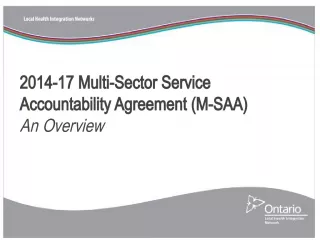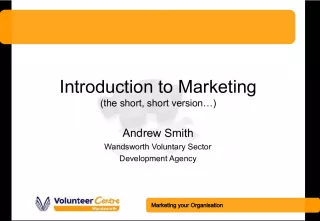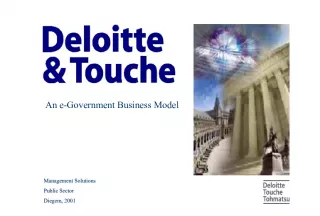Powder Impression Moulding (PIM) for Prefabrication and Recycling in Construction Sector


PIM process converts non-segregated waste materials into building components, reducing landfill waste and harmful CO2 emissions. Addressing climate change has become a social and political issue. There are opportunities in green businesses to reduce waste and increase recycling.
- Uploaded on | 3 Views
-
 judithkoslowski
judithkoslowski
About Powder Impression Moulding (PIM) for Prefabrication and Recycling in Construction Sector
PowerPoint presentation about 'Powder Impression Moulding (PIM) for Prefabrication and Recycling in Construction Sector'. This presentation describes the topic on PIM process converts non-segregated waste materials into building components, reducing landfill waste and harmful CO2 emissions. Addressing climate change has become a social and political issue. There are opportunities in green businesses to reduce waste and increase recycling.. The key topics included in this slideshow are . Download this presentation absolutely free.
Presentation Transcript
1. Powder Impression Moulding (PIM) (Opportunities for Prefabrication and Recycling many waste streams) Presentation to Construction Sector – December 2006 Niall MacKay – CEO, 3DM Worldwide Paul Gallen – Senior PM, 3DM Worldwide Richard Bayfield - Construction Sector Consultant
2. Incinerated or dumped as landfill (80%+) The PIM process is unique as it is the only process capable of converting non-segregated low hazardous waste materials Plastic Waste is currently
3. Context (- Climate Change ) Increased harmful carbon dioxide (co2) emissions since industrial revolution (i.e. changes from long term temperature trends began in early 20 th Century – evidence via trees etc) Problem of climate change now widely accepted across world – compelling scientific evidence – more at www.3dmct.com (links) Main stream international social / political issue - no longer preserve of “green party” – examples – Stern Report, Kyoto, California Laws, Attenbrough, Zero Carbon House – exempt from stamp duty etc etc Education policies – raising awareness amongst young worldwide Strategies to reduce climate change - reduce consumption / reduce waste / increase recycling Opportunities for “green” businesses – e.g. Richard Branson (S/Times 10/9/06)
4. Context (- Climate Change ) Difference in average surface temperature: comparison with 1861-1990 average, Global and Central England, Degrees C http://www.statistics.gov.uk/cci/nugget.asp?id=368
5. Context (- www.recycleplastic.org.uk ) The UK uses over 5 million tonnes of plastic each year. It is increasingly being used in packaging, construction and automotive markets. The UK currently recycles or recovers approx. 19% of all plastic consumed. This is set to increase to over 25% by 2010. Strategic material source, less dependent on commodity plastic pricing. • Positive corporate social responsibility (CSR) indicator. • Positive PR opportunity. • Strategic approach to alleviate the risk of more mandatory measures (eg packaging taxation).
6. Context – Waste Recycling Action Programme (WRAP www.wrap.org.uk ) PRIORITIES:- to provide support for the establishment of a 20,000 tonnes plastic bottle sorting/recycling facility (i.e. 0.4%) ; to develop commercial applications for the projects in our extensive plastics R&D programme; to increase the amount of recyclate in retail packaging – the packaging sector is both the largest creator of waste and the largest potential user of plastic recyclate; to develop standards and specifications both for plastics recyclables and recyclate.
7. Overview Challenge - Large “growing” problem unlikely to be solved by legislation Opportunity - Need for new technologies C.f. Value Engineering – 2 nd World War – shortages – alternative materials / technologies Increasing social / political pressure
8. First Stage Bulk arrives Second Stage Material sterilised Third Stage Powder/granules POWDER IMPRESSION MOULDING (PIM) A novel feature of PIM technology is that it can use non segregated waste material as a composite component to produce products for use in many industries.
9. PIM - New scaleable Technology producing plastic/ composite materials to achieve high strength/low weight thermoplastic moulded components Allow use of “dirty” co-mingled post use plastics to produce high value finished products Can produce large scale moulded product Can encapsulate other non-polymer materials to provide additional product functionality for example conduit piping into wall panels Can fully recycle the products once useful life is exceeded into new/alternative products
10. The PIM process allows waste materials to be very easily converted into added value products. Thus ensuring Governments can meet the targets set by signed International Treaties. Allows companies to apply for wide ranging Government funding that’s available
11. to reduce product costs to lower tooling costs to reduce the number of components to reduce the number of manufacturing stages to make components lighter/enhance performance to give product improved thermal and sound insulation properties Apart from environmental considerations what are other benefits of PIM Technology?
13. Typical PIM Process Factory Layout (Delta)
14. Clean Mould Preheat Mould to 250 ˚C Deliver skin material Cure skin Deliver core material to lower mould Position upper mould over lower mould Clamp moulds together Heat mould until core is molten Core material “foams” Controlled cooling Separate mould Remove product Process starts again PIM Process Stages
15. Typical Open Mould Designs
16. Already working with major US automotive corporations and PIM will be supplying Ford via Asimco
20. £100 Billion per annum 9% of GDP Specifiers are key – Land Securities / Bovis etc Govt. responsible for 40% of overall spend Opportunities at strategic level for new replacement products using PIM technology UK Construction Market (key facts)
21. Replacement for painted plywood sheet, easy Graffiti removal, Flame proof, smooth finish, standard wood fixings – nails / screws etc (also plastic weld) Lower life cycle costs – uses 80% + recycled material & is 100% recyclable 3 rd Party estimate UK market 1 – 5 Million sheets p.a. Ecohoardings – Eco-sheet
22. Opportunity created by WEEE directive – 2007 PIM ahead of market by re-use of WEEE materials - when directive in force then huge obligation on producers of electrical products Successful trials by Bovis Lend Lease – Bovis supply chain taking all current production from Caerphilly – demand exceeds current supply - Opportunity Submitted for Environmental award www.eco-sheet.com
23. Replacement for Timber and Injection Moulded products Stronger, lighter – can be stacked higher Lower life cycle costs – uses recycled material & is 100% recyclable Pallet Box
24. Concrete replacement pipe produced using offcuts of nappy material - contains Polyethylene Pipes have proven in tests to be as strong as concrete Achieved 58kN/m exceeding the crush test EN1916/BS 5911:2002 requirement of 45kN/m by 30%. Replacement Concrete Pipe
25. Replacement ceramic components Other bathroom components under development. Shower Tray
26. Environmentally friendly electrochemical water treatment systems Developer is affiliate organisation to University of Wales project now at proto type stage Trials set up for Utility and Commercial Organisations using water tanks made from PIM process PIM Research & Development Opportunities – Water Tanks
27. PERA Research Brunel University Bovis Lend Lease Severnside Recycling Others tbc PIM Research Opportunities – DTI Advanced Materials / Packaging Waste (final stage) – Funding invitation Nov 06, Confirmed Partners include:
28. Reduces environmental impact Adds considerable value to waste materials Produces: added value end products, lighter, easier to handle, quicker to install, very robust, non- maintenance At end of life product is totally recyclable PIM Benefits
29. Summary Several Opportunities within Construction Sector Very Flexible High Technology Manufacturing Solution - Bespoke modular design that’s configured to suit client’s requirements – extremely versatile process Capable of mass production of thermoplastic/ composite moulded products Capable of encapsulating other components Capable of using co-mingled post consumer waste and then re-cycle at end of product life
30. Is a British plc that develops and licences advanced and innovative plastic technologies. Is responsible for developing a unique manufacturing process called PIM (Powder Impression Moulding) Holds international patents on the PIM process and associated high technology processes More info at: www.3dmworldwide.com www.3dmct.com 3DM Worldwide plc
31. Can Industry Adopt? Which Industries? Automotive and Materials Handling – so far Extent of Construction take up? Flat sheet / Eco-sheet / Ecohoarding / Roofing / Bathrooms Pre-fabrication Opportunities 1 st Mover Opportunities + business support (e.g. www.eco-sheet.com , www.ecohoarding.com ) Research opportunities Others? www.3dmct.com PIM Challenge / Next steps
